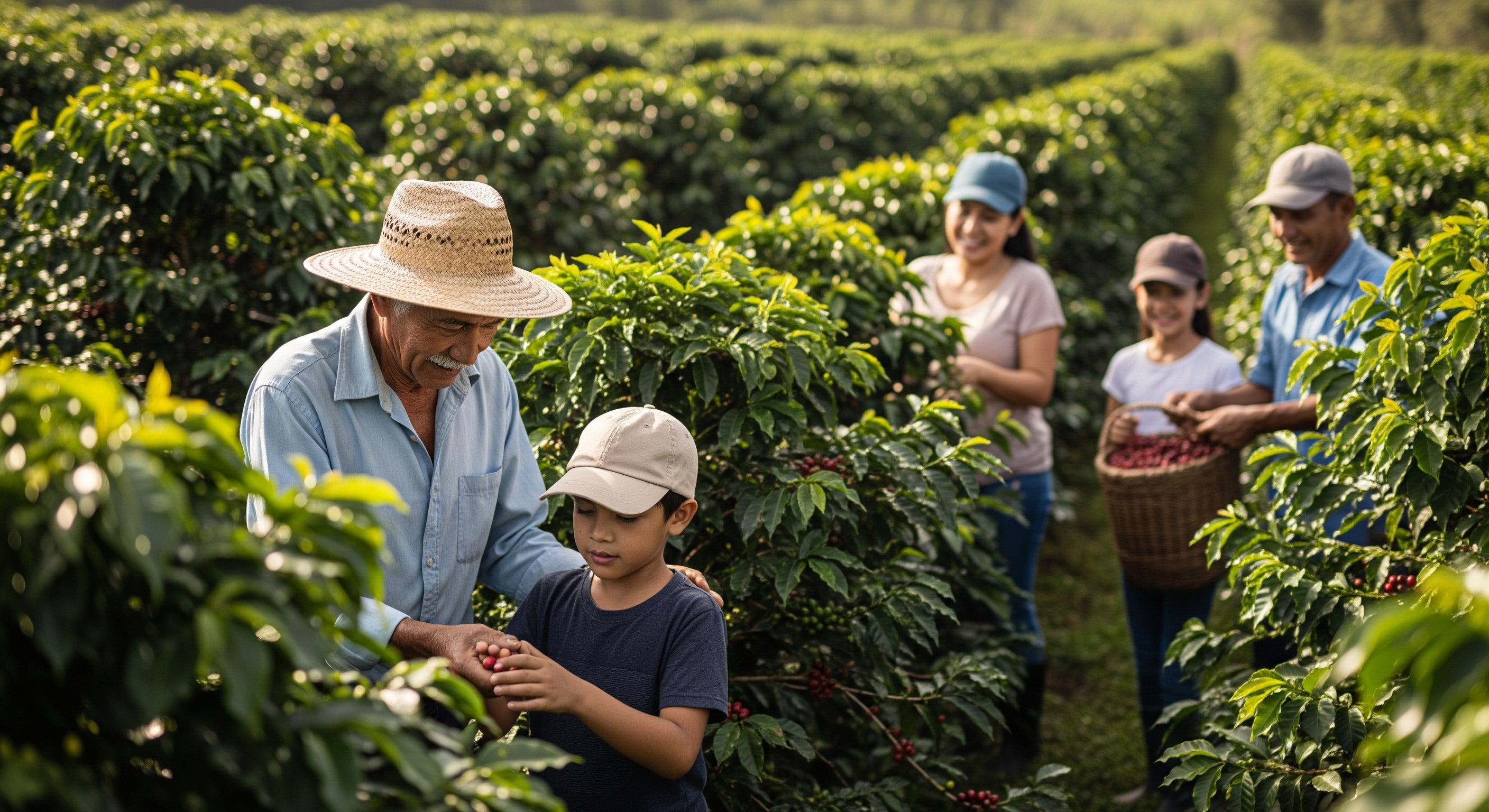

Our Coffee Credentials
At Amici Coffee, we believe that truly great coffee is about more than just exceptional taste. It’s about responsibility, transparency, and building sustainable partnerships that protect both people and the planet. Our approach to sourcing coffee is designed to reflect these values at every step of the supply chain.
World-Class Ethical Sourcing Partners
We are proud to work with one of the world’s most environmentally accredited specialty coffee roasters. Our roasting partner holds the world’s highest scoring B Corp certification for coffee roasters — a globally recognised standard for responsible business practices that balance profit with purpose, environmental care, and social accountability.
This partnership allows us to confidently supply coffee that is not only exceptional in quality but also fully traceable, fairly traded, and environmentally responsible.
What Ethical Coffee Means to Us
• Fair pricing paid directly to coffee farmers, supporting sustainable livelihoods for growers and their communities.
• Direct investment into grower education, healthcare, infrastructure, and long-term social welfare.
• Environmentally responsible roasting with carbon reduction technology and strict waste management processes.
• Full traceability from farm to cup, ensuring full transparency at every stage of sourcing and production.
• Certified Organic and Fairtrade options available across many of our single origin coffees.
• Rainforest Alliance and 4C certifications that protect biodiversity, climate, soil, and ethical worker rights.
• Chemical-free Mountain Water Process decaffeination that removes caffeine naturally without solvents or chemicals.
Building Long-Term Sustainable Coffee Supply Chains
We recognise that truly great coffee requires more than just buying beans. It takes long-term partnerships with farmers, exporters, processors, and roasters who share our mission to improve working conditions, protect biodiversity, lower carbon emissions, and secure the future of global coffee production.
By carefully selecting our sourcing partners and working exclusively with certified ethical suppliers, Amici Coffee ensures that every bag of coffee we supply reflects not only outstanding taste but complete integrity and full traceability.
Every time you choose Amici Coffee — whether you’re enjoying a cup in our café, ordering online, or brewing at home — you’re supporting responsible coffee farming, protecting ecosystems, and investing in coffee-growing communities worldwide. Together, we’re helping ensure great coffee continues for generations to come.
